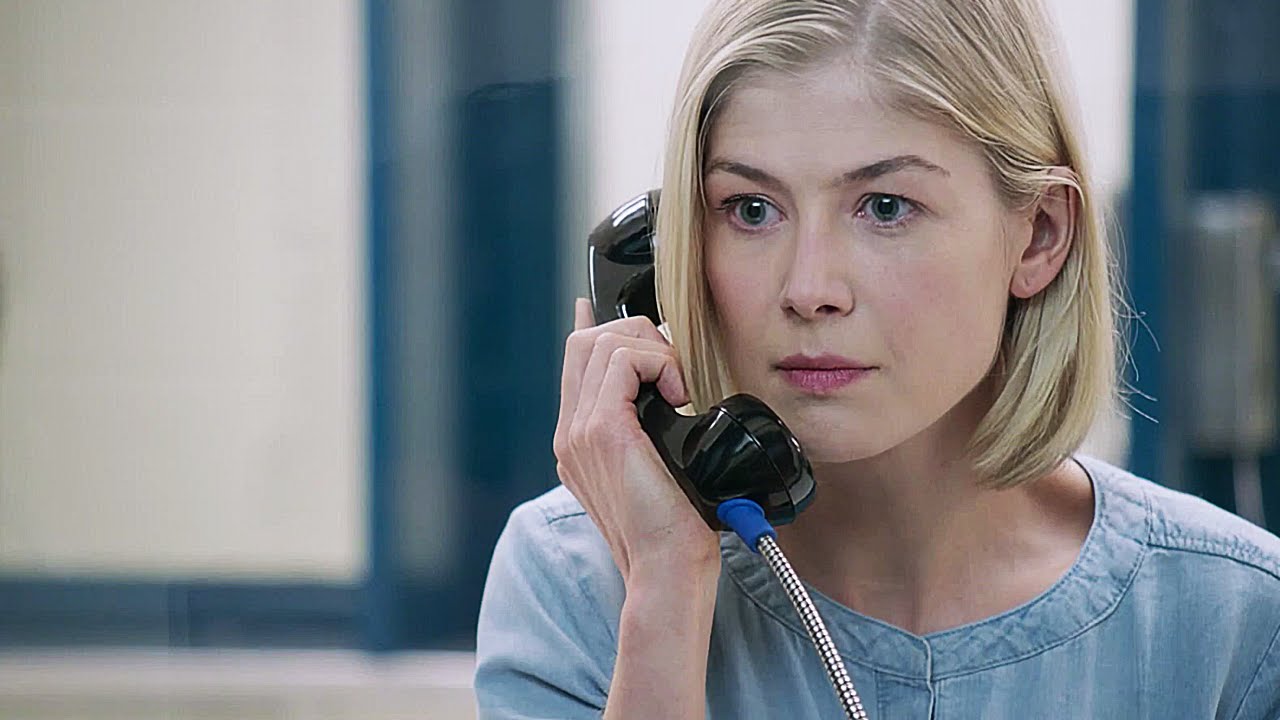
It’s no secret that movie audiences both love and loathe manipulators. Glib, conniving schemers have thrived within the popular imagination for centuries, from ancient myths of gods ‘working’ one another to the Machiavellians of Shakespeare’s plays, right through to modern examples like Game of Thrones’ Remy Dalton and Frank Underwood from House of Cards.
Clearly, watching someone cheat and charm their way to personal gain at the expense of those around them often makes for absorbing storytelling – even if it does serve as a sobering reminder of the actual manipulators in our midst.
The following list won’t protect you from a Ponzi scheme or spare you from the machinations of a romance scammer, but it will introduce you to ten movies that make excellent use of the ‘manipulator’ archetype by depicting crooks, cheats, con-artists and killers alike in all their amoral glory:
1. Snowtown
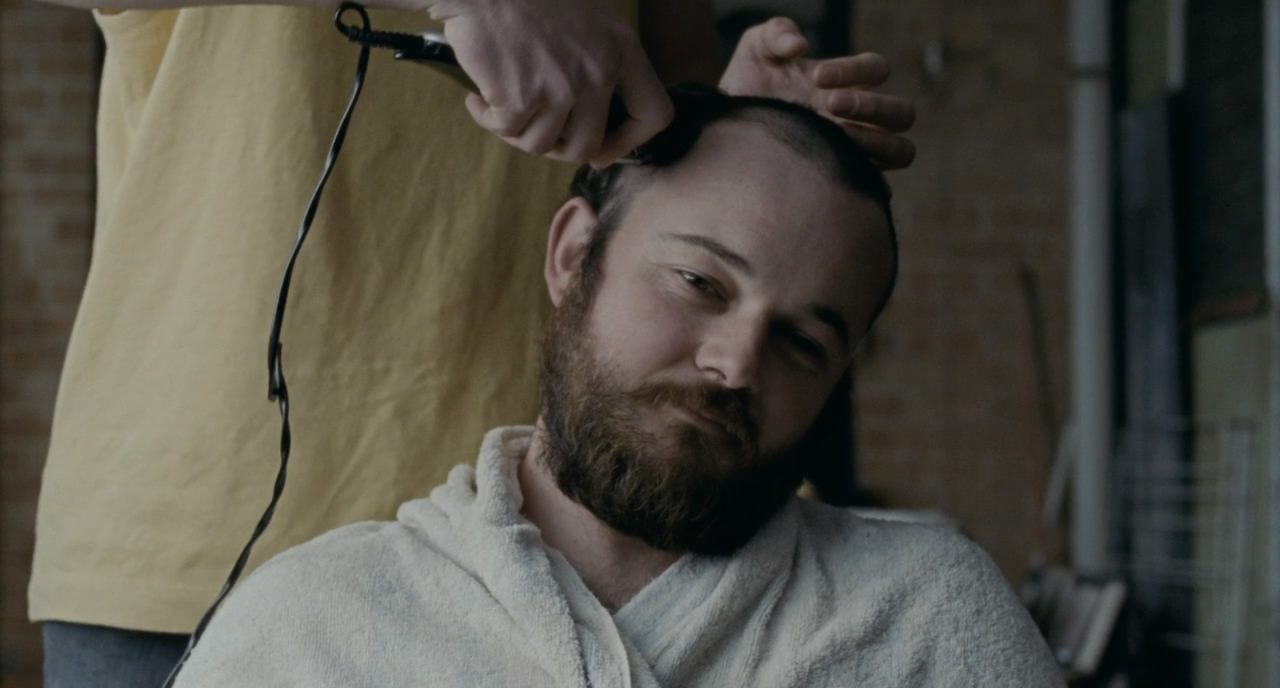
“[He] listened to people. That’s what his true skill was. He was able to listen and empower them.” This quote – taken from an interview with “Snowtown” director Justin Kurzell in Filmmaker magazine – is a reference to John Bunting, a convicted murderer who led a series of brutal killings inside of a poor South Australian suburb throughout much the 1990s.
Bunting and his accomplices chose their victims indiscriminately – starting with pedofiles and homosexuals, they soon moved on to disabled people along with anyone else that they perceived as being weak or inferior – and as the film shows, it was their leader’s organizational prowess and powers of rapport that enabled him to compel otherwise ordinary people to involve themselves in his crimes.
Telling its story in stark terms, “Snowtown” eschews the glamorized vibe that so often defines true-crime serial killer movies, opting instead to create a bleak, woozy atmosphere through its languid cinematography and understated performances (not to mention Jed Kurzel’s goosebump-inducing soundtrack).
Of course, the gritty realism at work here is enhanced by the fact that the film was shot on-location in what continues to be one of Australia’s most impoverished suburbs, along with the director’s decision to hire a cast comprised largely of locals with no prior acting experience. “Snowtown” is independent filmmaking at its confident best – mature, brutal and oozing with melancholic darkness.
2. Catch Me If You Can
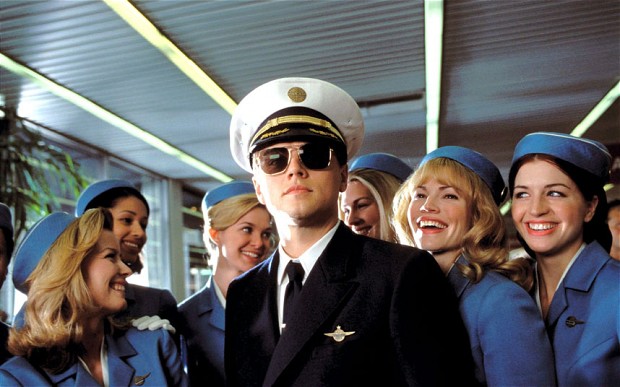
While Frank Abagnale – the legendary American conman and central figure of this 2002 biopic from Steven Spielberg – is probably one of the less unfeeling characters on this list, he is by no means the least manipulative: before the age of 19, the New York native had earned himself millions of dollars through fraud alone, relying on various assumed identities including that of a Pan Am pilot, a medical doctor and a Harvard-graduated lawyer.
The film is classic turn of the century Hollywood filmmaking done right, pitting Leonardo Decaprio as the affable Abagnale against Tom Hanks’ uptight FBI agent in a-cat-and-mouse chase that, despite a nonlinear narrative and two-hours-plus running length, manages to stay consistently surprising and fresh right up to the closing credits.
While it does frequently whitewash its subject in the service of his appeal – in one scene, for example, fictional Frank finds himself stumped at having to medically treat a young boy with an injured leg, a rather generous adaptation of a story in which his real-life counterpart almost caused the death of a baby – the movie is not an amoral one, being sure to show the emotional toll its protagonist feels as a result of his actions in a way that renders him deeply relatable.
3. Night and the City
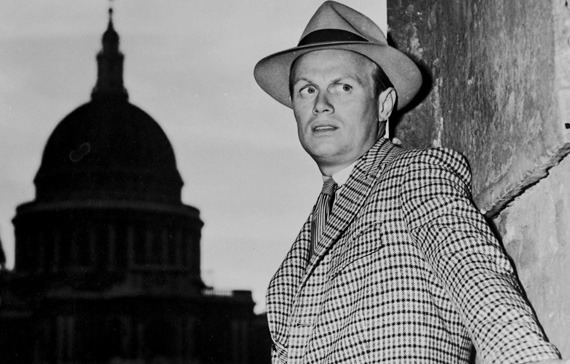
Unsuccessful upon its release and having since amassed a legacy as a film noir classic, “Night and the City” is the story of Harry Fabian, a fast-talking American nightclub promoter whose every waking moment is consumed by dreams of wealth and luxury.
Living in a cramped London flat with his long-suffering girlfriend/compatriot Mary Bristol, Harry spends his evenings at the mercies of Phil and Helen Nosseross, an estranged married couple who act as the proprietors of his workplace, and whose endless scoffing at his aspirations seems only to strengthen their hold.
He’s a character whose likeability is undermined by his selfishness, one who makes nothing of scamming both friends and strangers alike in the service of his personal fulfillment, and this fact helps contribute to the film’s reputation as an early example of uncompromising characterization in cinema: alliances are formed, betrayals occur, and in the end almost everyone on board is exposed for their innermost ugliness.
It’s a highly political film (director Jules Dassin was an avowed socialist) which firmly directs its ire at wealth inequality without once letting its subjects off the hook for their moral failings. “Night and the City” is a study in human futility – beautifully composed, deftly written, and tragic ahead of its time.
4. In The Company of Men
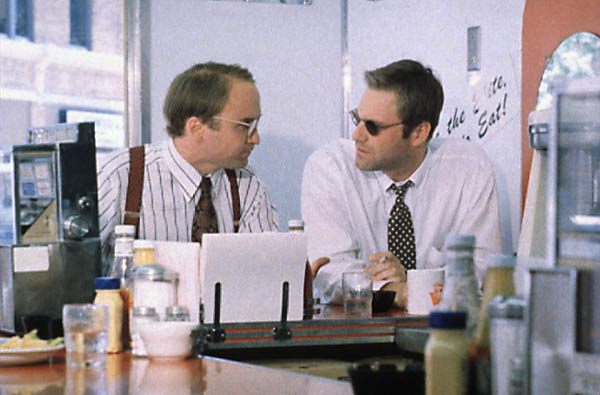
If Aaron Eckhart’s apparent tendency to pick safe, unchallenging roles has convinced you that the man lacks serious acting talent, then this 1997 black comedy from writer/director Neil LaBute may come as something of a revelation.
In it, he plays the mononymous Chad, a cold, calculating social predator who – along with his more passive compadre/coworker Howard – devises a simple plan: intent on avenging their mutual frustrations with women, the two men will use their upcoming business trip to court a lonely female colleague before jointly dumping her in spectacular fashion (thereby emotionally wounding her forever).
It’s a tense little film whose plot ticks seedily away against a backdrop of Midwestern corporate tedium, outstanding in part for its subtle and nuanced approach to character development: Chad, for example, is shown to be cultured, intelligent and sexually ambiguous in a way we aren’t necessarily led to expect, whereas Howard has an athletic history and passable way with the ladies that similarly belies first appearances.
While Matt Malloy and Stacy Edwards are competent in their work here, it is Eckhart who truly shines, making masterful use of that “smiling everywhere but in the eyes” quality that is so often ascribed to charming manipulators as he slimes his way to personal satisfaction.
5. Cruel Intentions
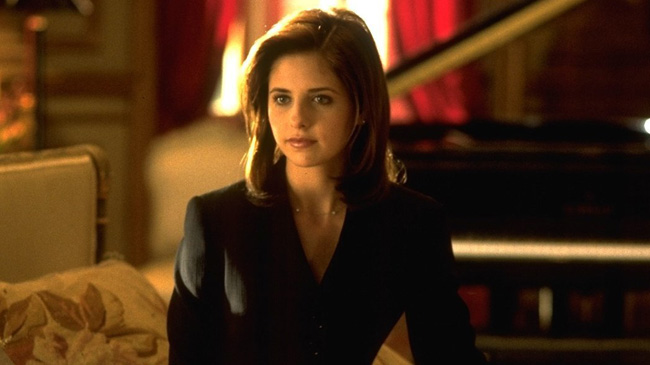
While this movie may put some off with its unmistakable teen-appeal – the damned thing opens with a Placebo song, for Pete’s sake – it is nonetheless a thoroughly entertaining movie, not least in its ability to capitalize on the really-good-looking-guy-who-also-comes-across-like-an-asshole shtick that has more than once served as Ryan Phillipe’s niche.
A contemporary remake of an 18th century French novel called “Les Liaisons Dangereuses”, it charts the psychosexual rivalry of a pair of privileged stepsiblings, Kathryn and Sebastian, who devise a wager around the latter’s stated ability to seduce a particularly chaste girl from their high school: if he loses, he has to give his (step) sister his Jaguar; if he wins, she owes him a night of sex.
It’s a gleeful exercise in caricature, with Phillipe, Sarah-Michelle Gellar and Reese Witherspoon all taking to their roles with aplomb, and while it might not have aged as gracefully as some of the entries on this list, it does earn the accolade of being bold enough to do “90s teen sexcapade movie” in a way that feels completely unique.